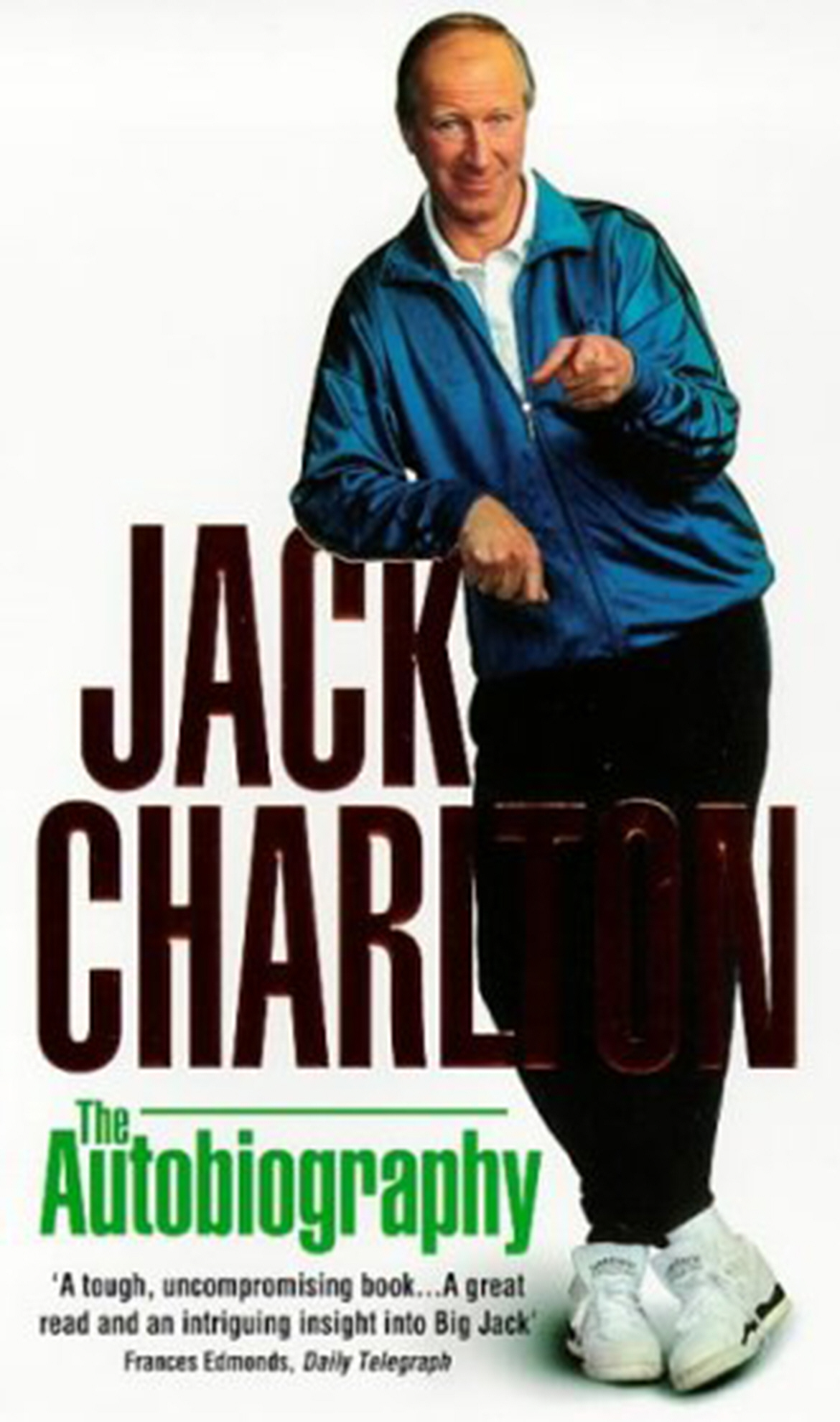I know who you are: you’re The Boss.’ – the words of His Holiness John Paul II, on meeting Jack Charlton and his Republic of Ireland team before the 1990 World Cup finals.Indeed, Jack Charlton is The Boss – a man whose strength of character has driven him to achievements beyond the scope of his own natural talents or those of the teams who have played under him. As a player, he touched the pinnacle in England’s legendary 1966 World Cup winning team. As a manager, he dragged the Republic of Ireland team from the backwaters of international football to compete with the world’s best. As a man, he is noted for his forthright personality – one whose views are as honest as they are respected. This is Jack Charlton’s full story. It tells of his childhood in the Northumberland mining village of Ashington, the eldest of four brothers, one of whom was the phenomenally gifted Bobby, now Sir Bobby Charlton. His mother was from the famous Milburn footballing family, and it was therefore in Jack’s blood that he should escape a life down the mine by joining Leeds in 1952. By the time he hung up his boots more than twenty years later he had made 629 League appearances for Leeds, still a club record – truly, Jack Charlton was one of the last of the great one-club players. Under Don Revie, Leeds were to become one of the greatest of modern sides. Jack tells of his sometimes stormy relationship with Revie, and with Alf Ramsey, the most successful of all England managers. When Jack himself turned to management, first with Middlesbrough, then with Sheffield Wednesday, Middlesbrough again and Newcastle United, and finally, of course, with Ireland, he could draw on experience of playing for some of the greatest managers of modern times. Jack writes about his time as a player, about his feelings for his brother Bobby, and of his own bemusement in 1977 when, after being encouraged to apply for the England job, he didn’t even receive the courtesy of a reply. Finally he writes about his ten years in charge of Ireland, the ‘little miracle, he wrought from a miscellaneous collection of players, and defends the tactics he adopted from ignorant and ill-informed criticism.]]>
Ball sports / ball games, Biography and non-fiction prose
Jack Charlton: The Autobiography
₹888.00
This book is currently not in stock. You are pre-ordering this book.

